Keynote Speakers
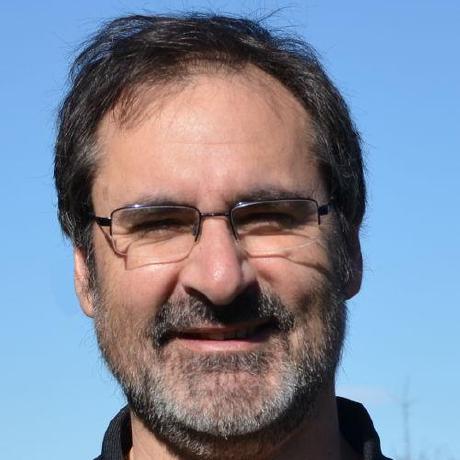
Prof. Bryan Lawrence is Professor of Weather and Climate Computing at the University of Reading and a Senior Scientist at the National Centre for Atmospheric Science (NCAS). With a background in atmosphere dynamics, Prof. Lawrence has previously held research positions at the University of Oxford and the Rutherford Appleton Laboratory, a physics lectureship at the University of Canterbury (NZ), and management positions in NCAS and the Science and Technology Facilities Council (STFC). His research interests now encompass high-performance computing, data infrastructure (systems, software and standards), and the performance of Earth system models.
In his keynote talk, Prof. Lawrence will discuss the evolving role of AI in climate modelling, focusing on the integration of machine learning with traditional modelling approaches. He will address the challenges and opportunities in developing trustworthy and generalisable AI systems for ocean and climate projections.
In his keynote talk, Prof. Lawrence will discuss the evolving role of AI in climate modelling, focusing on the integration of machine learning with traditional modelling approaches. He will address the challenges and opportunities in developing trustworthy and generalisable AI systems for ocean and climate projections.
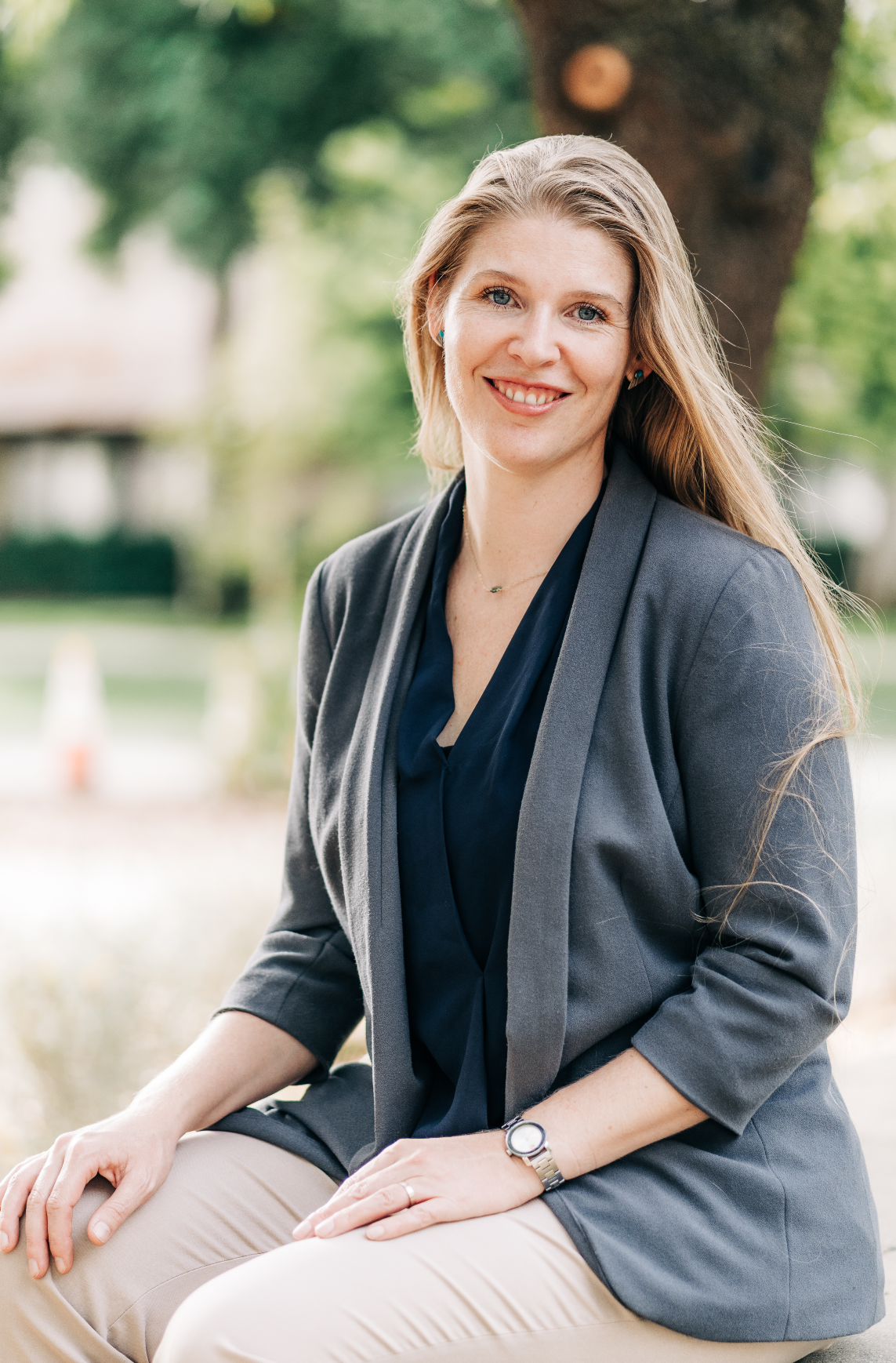
Dr. Maike Sonnewald is an Assistant Professor in the Department of Computer Science at the University of California, Davis, where she leads the Computational Climate and Ocean Group. Her interdisciplinary research combines physical oceanography, machine learning, and dynamical systems theory to advance the understanding and prediction of ocean and climate dynamics.
Dr. Sonnewald’s work focuses on developing physics-informed machine learning methods to analyse complex oceanographic data, with the goal of improving long-range forecasts and climate projections. She also holds affiliate positions at the University of Washington’s School of Oceanography and NOAA’s Geophysical Fluid Dynamics Laboratory.
In her keynote talk, part of the session on Observation System Simulation Experiments (OSSEs), Dr. Sonnewald will share insights from her work at the intersection of ocean observations, modelling, and AI. She will highlight the potential of machine learning to deepen our understanding of ocean dynamics and the value of interdisciplinary collaboration in driving progress in ocean science.
Dr. Sonnewald’s work focuses on developing physics-informed machine learning methods to analyse complex oceanographic data, with the goal of improving long-range forecasts and climate projections. She also holds affiliate positions at the University of Washington’s School of Oceanography and NOAA’s Geophysical Fluid Dynamics Laboratory.
In her keynote talk, part of the session on Observation System Simulation Experiments (OSSEs), Dr. Sonnewald will share insights from her work at the intersection of ocean observations, modelling, and AI. She will highlight the potential of machine learning to deepen our understanding of ocean dynamics and the value of interdisciplinary collaboration in driving progress in ocean science.
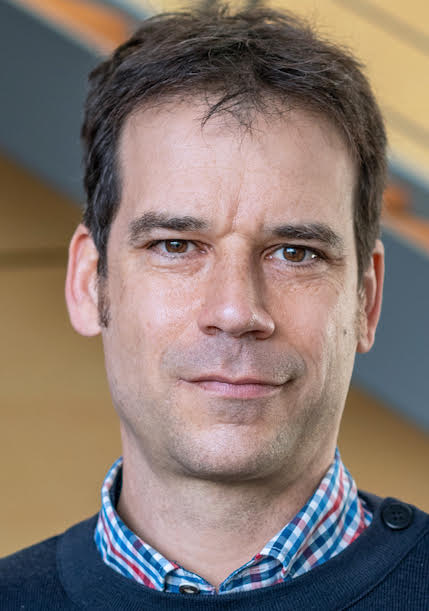
Prof. Ronan Fablet is a Professor at IMT Atlantique and a research scientist at Lab-STICC, specialising in the field of Data Science and Computational Imaging. He leads the AI Chair OceaniX, an interdisciplinary initiative that applies machine learning to ocean dynamics, remote sensing, and marine ecology.
Prof. Fablet's research focuses on integrating deep learning with dynamical systems to enhance the analysis, simulation, and reconstruction of ocean processes. His work includes developing deep learning for dynamical systems and applications to the understanding, analysis, simulation and reconstruction of ocean dynamics, especially using satellite ocean remote sensing data.
In his keynote talk, Prof. Fablet will discuss how AI can improve ocean model analysis, postprocessing, and downstream applications. He will share insights from projects like 4DVarNet and EddyNet, highlighting the potential of AI to advance ocean modelling and forecasting.
Prof. Fablet's contributions are shaping the future of ocean science by leveraging AI to better understand and predict ocean dynamics.
Prof. Fablet's research focuses on integrating deep learning with dynamical systems to enhance the analysis, simulation, and reconstruction of ocean processes. His work includes developing deep learning for dynamical systems and applications to the understanding, analysis, simulation and reconstruction of ocean dynamics, especially using satellite ocean remote sensing data.
In his keynote talk, Prof. Fablet will discuss how AI can improve ocean model analysis, postprocessing, and downstream applications. He will share insights from projects like 4DVarNet and EddyNet, highlighting the potential of AI to advance ocean modelling and forecasting.
Prof. Fablet's contributions are shaping the future of ocean science by leveraging AI to better understand and predict ocean dynamics.
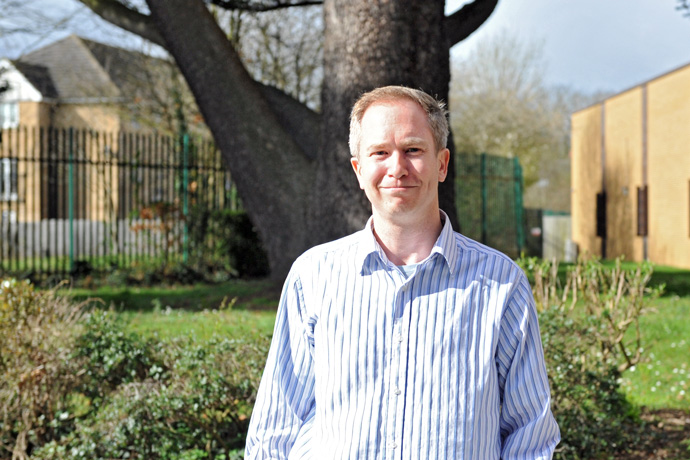
Dr. Peter Lean is a Senior Scientist at the European Centre for Medium-Range Weather Forecasts (ECMWF), where he contributes to the development of innovative machine learning approaches for weather prediction. He is a key member of the team working on the Artificial Intelligence–Direct Observation Prediction (AI–DOP) project, which aims to generate skilful weather forecasts directly from observational data without relying on traditional physics-based models.
In his keynote talk, Dr. Lean will share insights from the AI–DOP project, discussing the challenges and successes of applying observation-driven machine learning techniques to atmospheric forecasting. He will also explore the potential for extending these methods to ocean prediction, addressing the unique challenges posed by the ocean environment, such as sparse observational data and longer timescales. His experience offers valuable perspectives on the future integration of AI in Earth system modelling.
In his keynote talk, Dr. Lean will share insights from the AI–DOP project, discussing the challenges and successes of applying observation-driven machine learning techniques to atmospheric forecasting. He will also explore the potential for extending these methods to ocean prediction, addressing the unique challenges posed by the ocean environment, such as sparse observational data and longer timescales. His experience offers valuable perspectives on the future integration of AI in Earth system modelling.
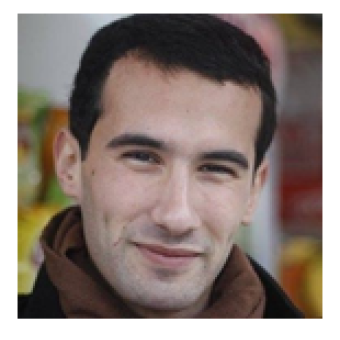
Said Ouala is a tenure-track associate professor at IMT Atlantique and a member of the INRIA Odyssey team (Ocean DYnamicS obSErvation analYsis). His research focuses on improving Earth system modeling using artificial intelligence. This includes the development of new observational products, the design of data assimilation methods, and the construction of predictive models that combine physical knowledge with machine learning. His work aims to improve the understanding and modeling of extreme events in the ocean, atmosphere, and climate.
In his keynote talk, Said will investigate online learning and hybrid models to develop new calibration methods for designing numerical models that are closely aligned with observations. He will discuss the potential of online learning for deriving efficient and scalable solutions for applications that include both short-term forecasting and long-term simulations. In addition, he will explore learning configurations that include both fully differentiable and black-box physical cores.
In his keynote talk, Said will investigate online learning and hybrid models to develop new calibration methods for designing numerical models that are closely aligned with observations. He will discuss the potential of online learning for deriving efficient and scalable solutions for applications that include both short-term forecasting and long-term simulations. In addition, he will explore learning configurations that include both fully differentiable and black-box physical cores.
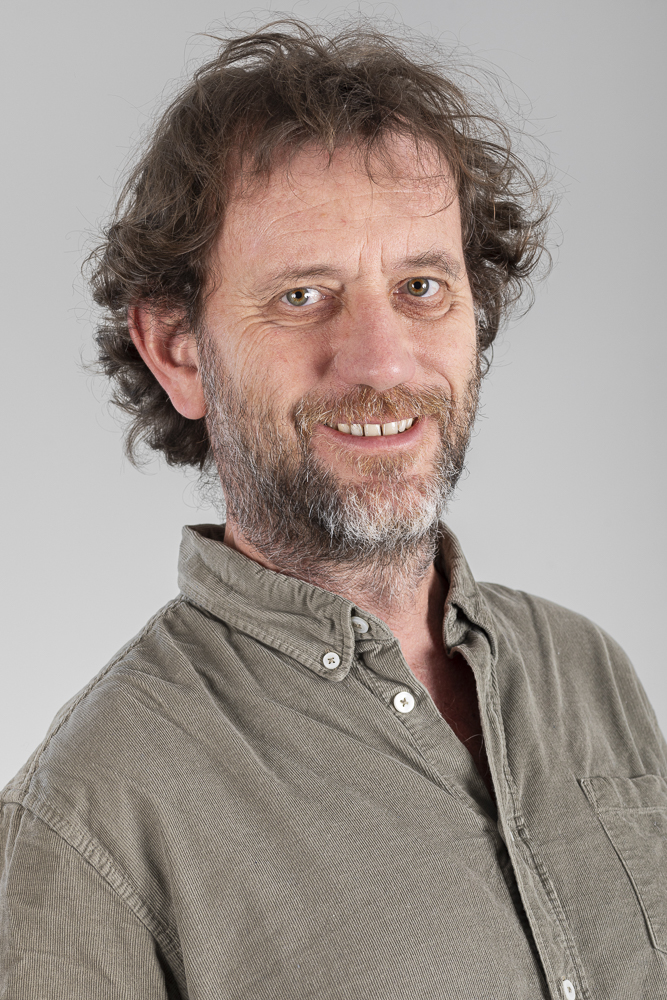
Yann Drillet is an ocean modeler working at Mercator Ocean since 25 years, he is the Head of the Research And Development Department and deputy scientific director at Mercator Ocean International. The R&D team include researchers and engineers in charge of development of Mercator Ocean’s modeling and data assimilation components as well as the production systems. This includes forecasting, reanalysis and projection activities for the global ocean and for some regions of interest. The current themes managed in the department are ocean physics, sea ice, biogeochemistry and marine ecosystems. Yann Drillet is involved in European and international operational oceanography community especially as member of the OceanPredict science team, of the NEMO ocean model steering committee, as leader of the Global Monitoring and forecasting center for Copernicus Marine Service and as scientific coordinator of the European project EDITO Model Lab.